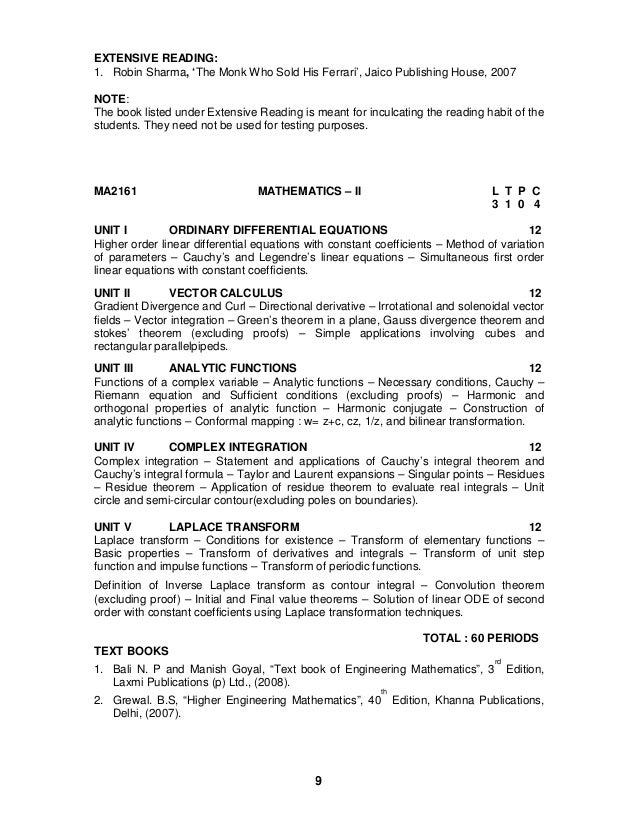2000 Solved Problems In Digital Electronics By Bali Pdf Editor
A study has found the overuse of the internet by teenagers is causing atrophy of grey matter, leading to concentration and memory problems (file picture) Excessive internet use may cause parts of teenagers’ brains to waste away, a study reveals. Download 3d Objects For Punch Software here. Scientists discovered signs of atrophy of grey matter in the brains of heavy internet users that grew worse over time. This could affect their concentration and memory, as well as their ability to make decisions and set goals. It could also reduce their inhibitions and lead to ‘inappropriate’ behaviour. Researchers took MRI brain scans from 18 university students, aged 19, who spent eight to 13 hours a day playing games online, six days a week. The students were classified as internet addicts after answering eight questions, including whether they had tried to give up using computers and whether they had lied to family members about the amount of time they spent online.
Share The researchers added that these abnormalities could have made the teenagers more ‘easily internet dependent’, but concluded they ‘were the consequence of IAD (internet addiction disorder)’. ‘Our results suggested long-term internet addiction would result in brain structural alterations,’ they said.
Aug 06, 2017 2000 Solved Problems In Digital Electronics By Bali Pdf To Excel. Song of Myself. Won't you help support Day. The editor of Day.
The study, published in the PLoS ONE journal, was carried out by neuroscientists and radiologists at universities and hospitals in China, where 24million youths are estimated to be addicted to the internet. 'Wake-up call': Dr Aric Sigman said it was a shame that we needed photos of brains to realise that sitting in front of a screen is not good for children's health In Britain, children spend an average of five hours and 20 minutes a day in front of TV or computer screens, according to estimates by the market-research agency Childwise. Dr Aric Sigman, a fellow of the Royal Society of Medicine, described the Chinese research as a ‘wake-up call’.

He said: ‘It strikes me as a terrible shame that our society requires photos of brains shrinking in order to take seriously the common-sense assumption that long hours in front of screens is not good for our children’s health.’ Baroness Greenfield, professor of pharmacology at Oxford University, described the results as ‘very striking’. She said: ‘It shows there’s a very clear relationship between the number of years these young people have been addicted to the internet and changes in their brains. ‘We need to do more experiments and we need to invest more money in research and have more studies like this.’ The neuroscientist has previously warned there could be a link between children’s poor attention spans and the use of computers and social-networking websites. She is concerned that not enough attention is being paid to evidence that computer use is changing young people’s brains. Professor Karl Friston, a neuroscientist at University College London, told the Scientific American journal the techniques used in the small-scale study were rigorous.
